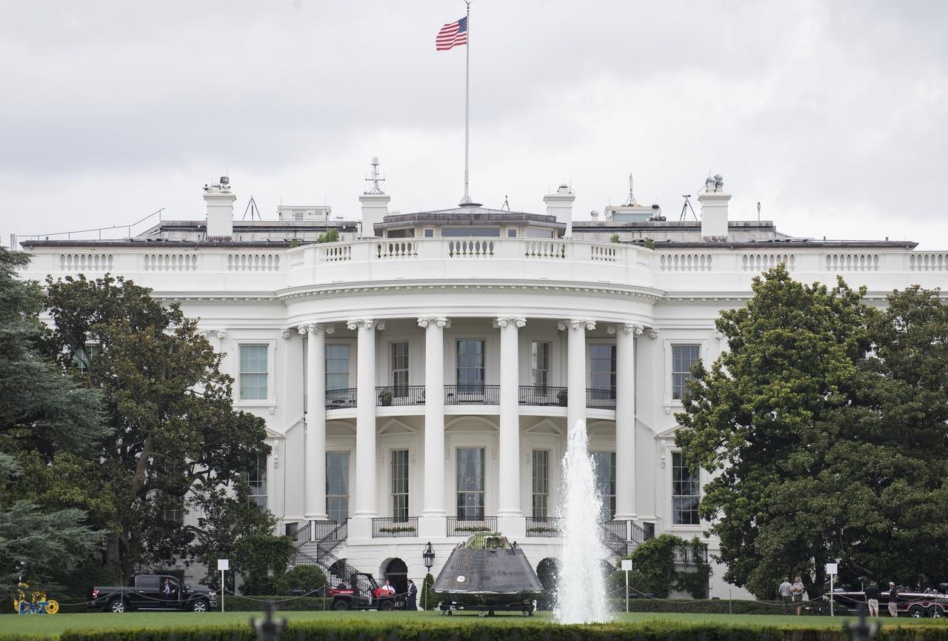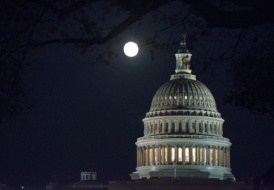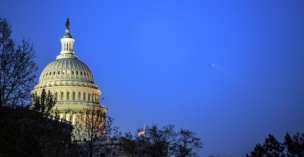Most of the biggest space policy story lines of 2024 were actually about 2025, including how the incoming second Trump administration could reshape and prioritize space, the officials who will oversee those efforts, and some new faces on Capitol Hill as well.
Here are five of our top policy stories this year:
Space Policy in a Second Trump Term: Former President Donald Trump’s second term in the White House is likely to be marked by prioritizing lunar exploration, boosting national security space capabilities, and partnering with commercial companies.
How Trump’s Nominees Approach Space: Incoming President Donald Trump has already tapped a number of people to lead federal departments and agencies, including a few who will have a hand in the next administration’s space policy.
SpaceX Astronaut Isaacman Tapped to Lead NASA: “With the support of President Trump, I can promise you this: We will never again lose our ability to journey to the stars and never settle for second place,” Jared Isaacman, Trump’s choice for NASA chief, wrote on X. “Americans will walk on the Moon and Mars and in doing so, we will make life better here on Earth.
Meet the Space Coast’s New Congressional Rep: Rep.-elect Mike Haridopolos, the incoming Republican lawmaker who will represent Kennedy Space Center, expects space policy to play a big part in the Trump administration—and he’s excited to have a role in shaping it.
How Artemis Got Its Name: “We had one clear objective on this plan: make Artemis uncancelable,” NASA’s former communications director Bettina Inclán said. “We were unsure what would happen with the election and our only objective was to make it so that everybody had faith that it was possible.”




